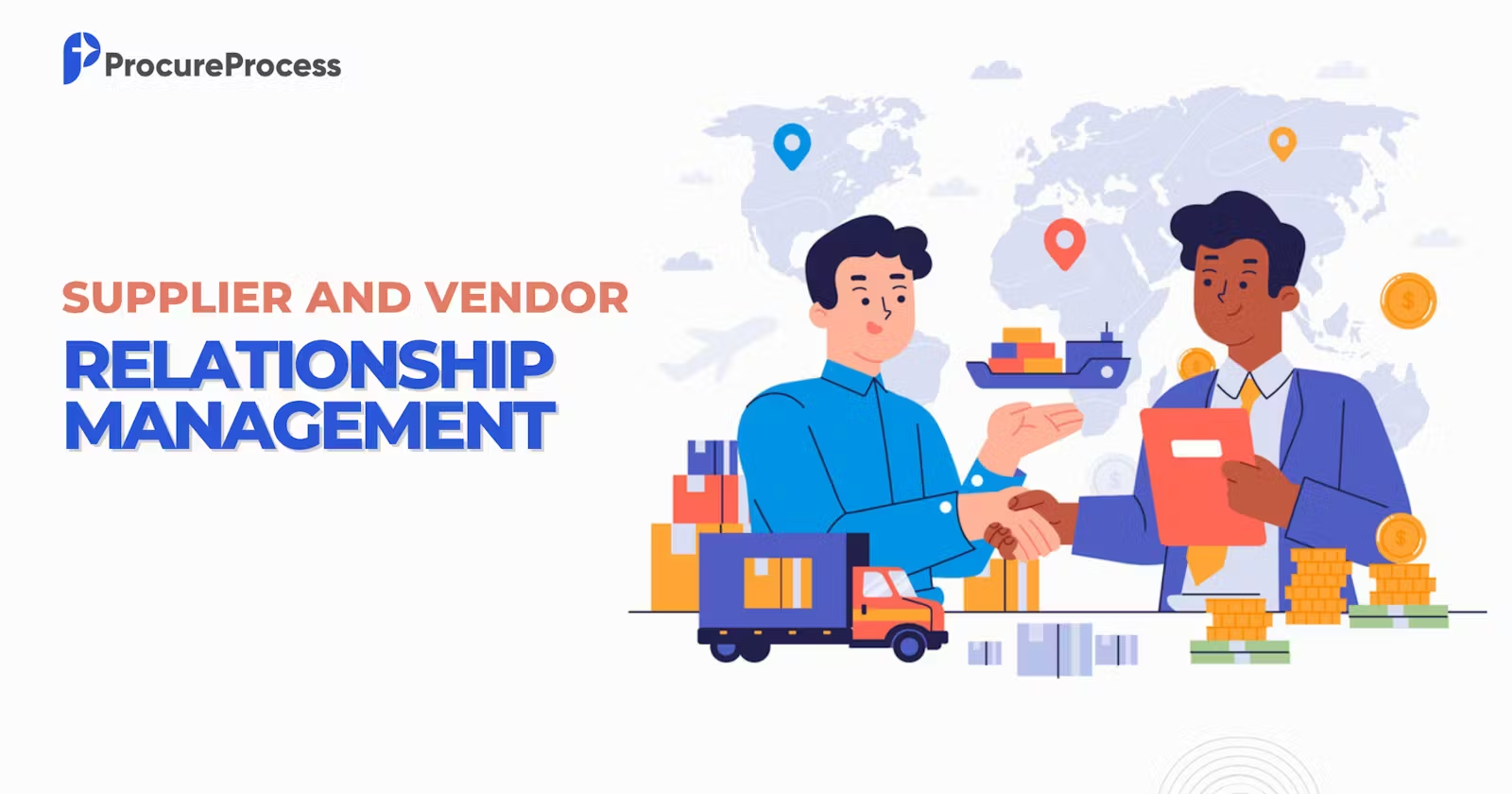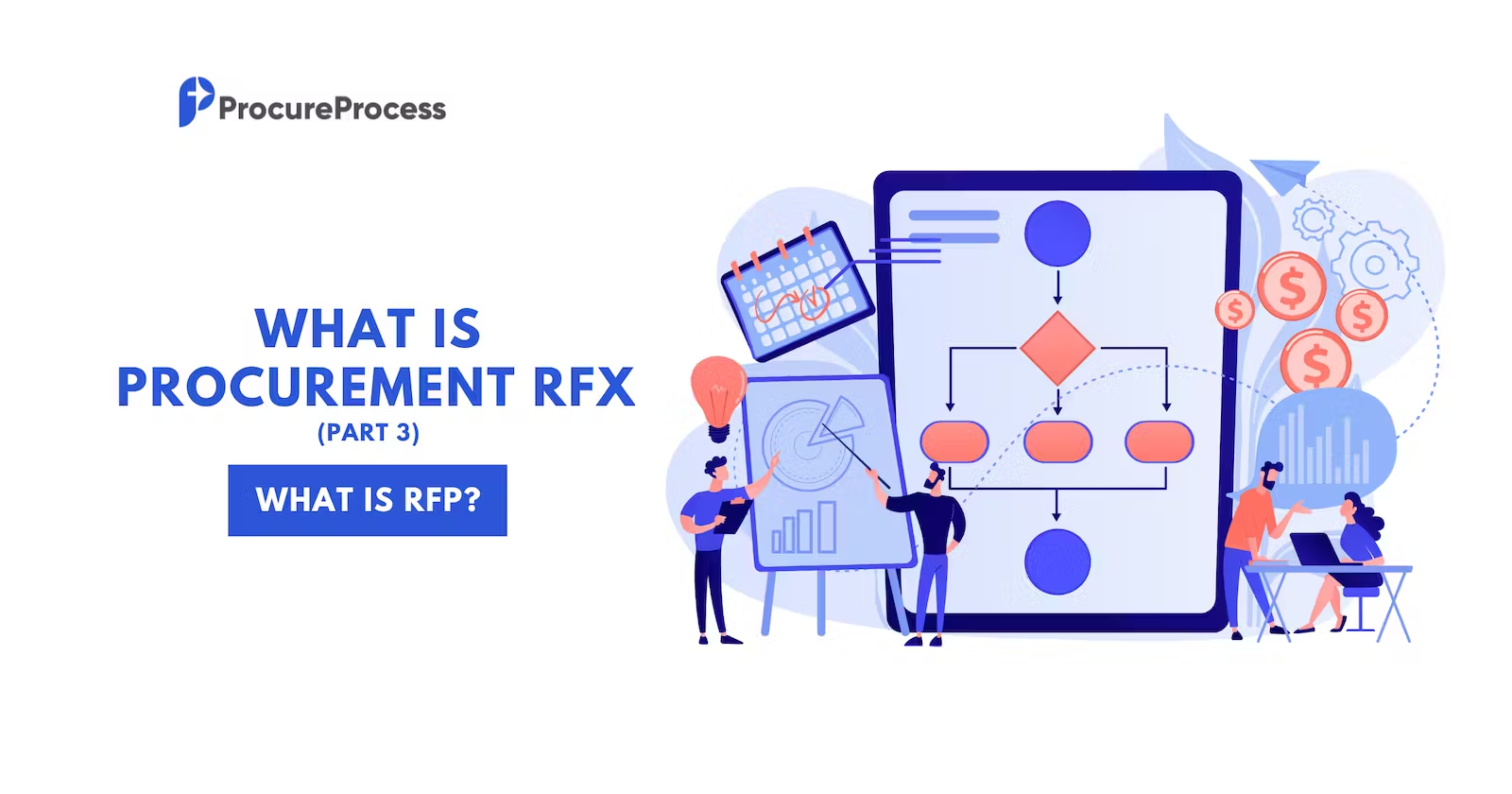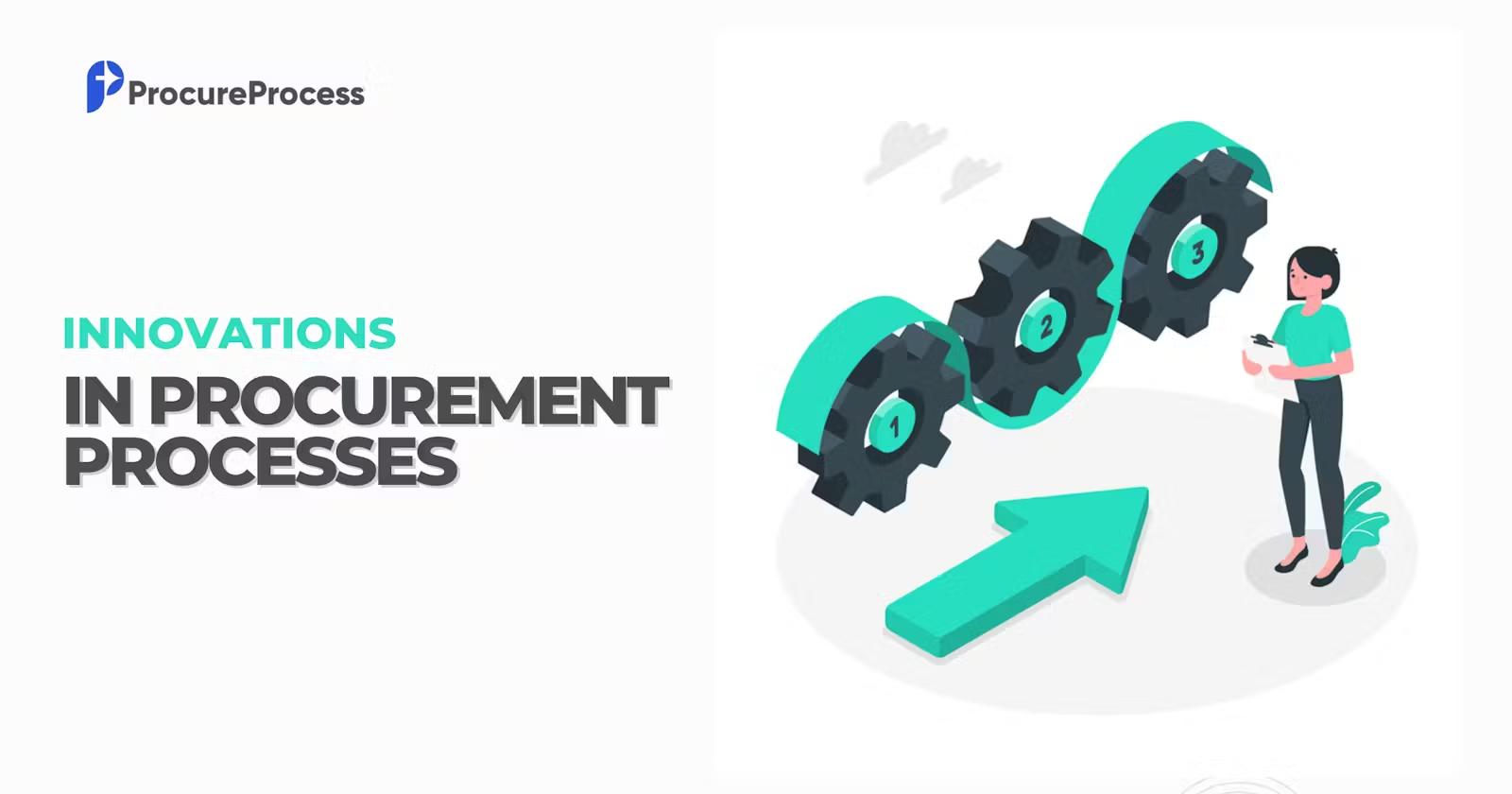The strategies, procedures, and techniques organizations employ to successfully manage their relationships with suppliers and vendors are referred to as supplier and vendor relationship management (SVRM). This includes actions like choosing and assessing suppliers, negotiating agreements and prices, keeping an eye on performance, resolving problems or conflicts, and encouraging teamwork and partnership.
Supplier and vendor relationship management enhances productivity, reduces costs, improves quality, and encourages innovation, providing organizations with a competitive edge, access to top products or services, and timely delivery.
The following are some essential actions and best practices in vendor and supplier relationship management:
- Evaluation and selection of suppliers: Businesses should select suppliers based on price, quality, and financial stability, and conduct regular evaluations to maintain performance and identify areas for improvement.
- Negotiating and managing contracts: Effective contract management requires regular monitoring and communication to ensure compliance, handle issues, and handle modifications in contracts that clearly outline expectations, conditions, prices, and performance measures.
Monitoring and measuring performance: Comparing supplier performance to predetermined parameters helps detect variations or gaps, resolve issues, solicit feedback, and promote ongoing development.
Collaboration and communication: Effective relationship management involves open communication with suppliers and vendors, fostering trust through collaborative problem-solving, site visits, and regular meetings.
Issue resolution and conflict management: Quickly addressing and resolving any issues or conflicts that emerge contributes to the maintenance of positive relationships. Organizations should have clear dispute-resolution procedures and escalation systems in place.
Innovation and supplier development: Promoting continuous improvement in goods, methods, and services can enhance competitiveness through process improvement activities, market insight exchange, and collaboration on products.
Continuous improvement: Regularly reviewing and re-evaluating vendor and supplier relationships helps identify areas for improvement and ensures efficient management techniques align with organizational objectives.
Supplier-vendor relationships are crucial for supply chain management, reducing costs, enhancing quality, boosting productivity, and promoting innovation. Visit ProcureProcess today for efficient vendor management. Our seamless platform provides you with tools that would assist you in evaluating vendors, negotiating contracts to ensure a good procurement process, and creating a sustainable relationship between you and your selected vendors.





